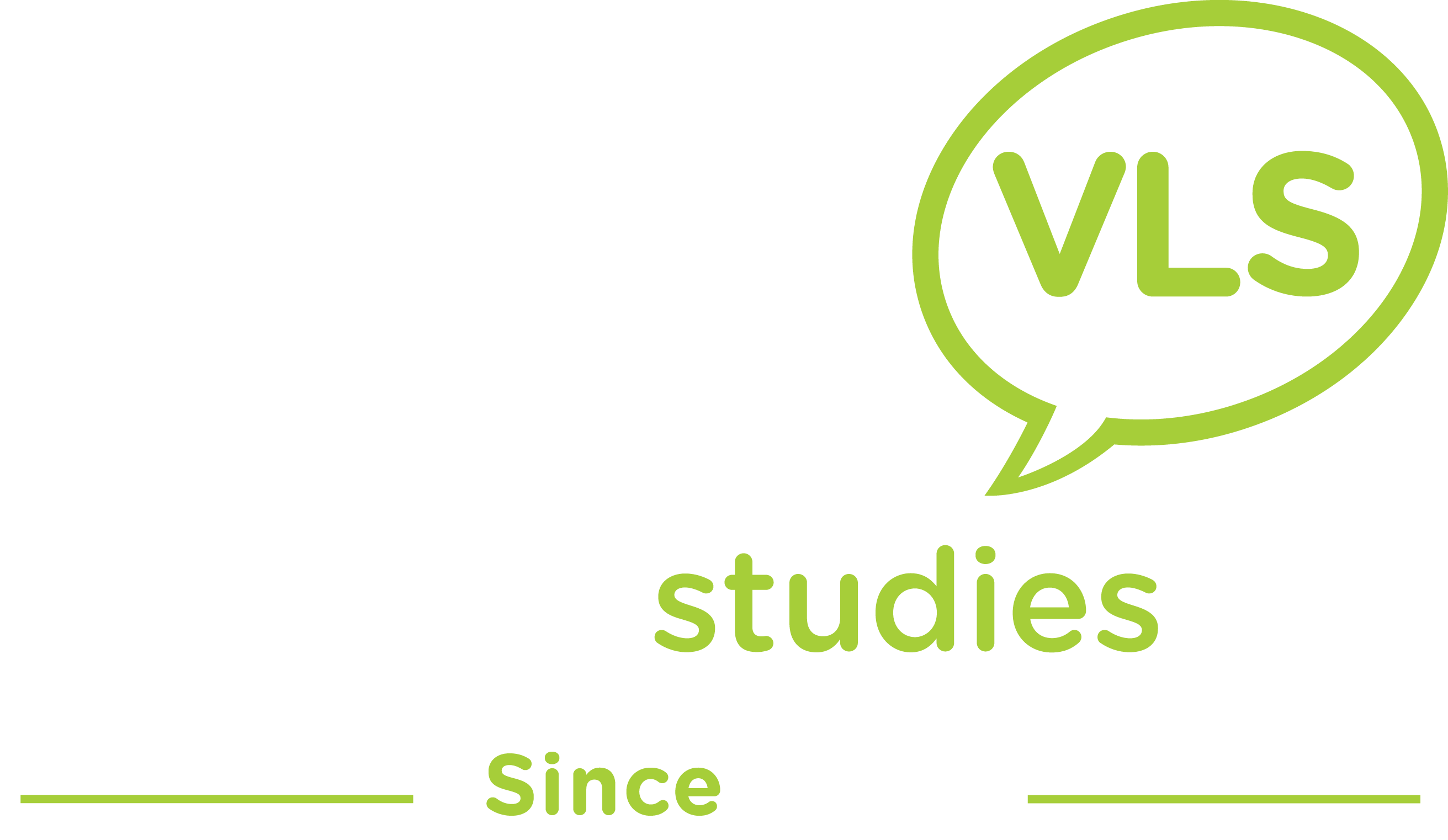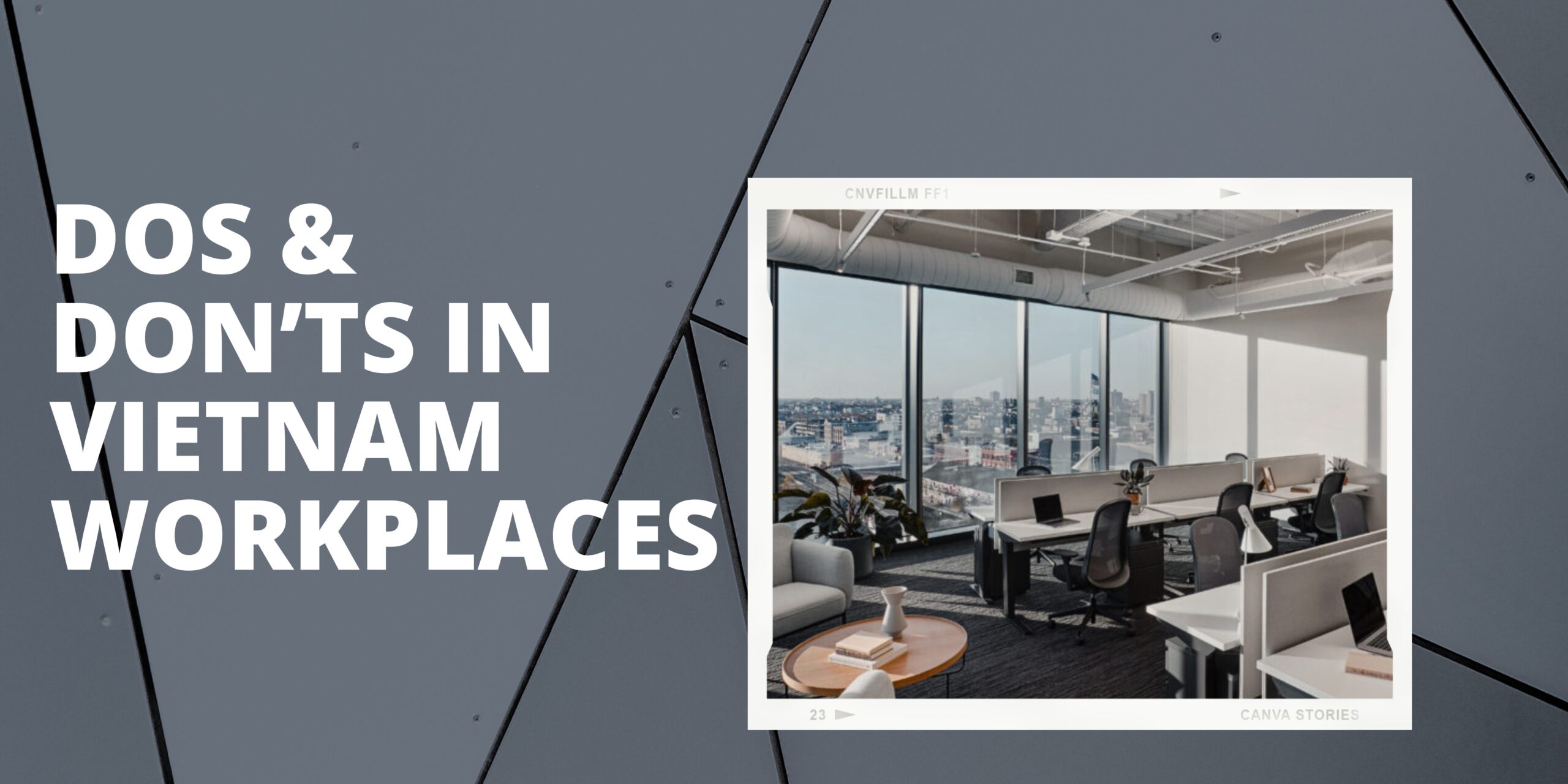Table of Contents
As Vietnam continues to establish itself as a key player in the global economy, professionals from around the world are drawn to its dynamic workplaces. Embedded within these work environments is the rich tapestry of Vietnamese culture, which influences workplace dynamics, communication styles, and professional interactions. To excel in Vietnamese workplaces, it’s crucial to understand and embrace the nuances of Vietnamese culture. In this article, we’ll explore the essential do’s and don’ts to help you navigate Vietnamese workplaces effectively.
Embracing Vietnamese Culture
Respect for Hierarchy
In Vietnamese culture, hierarchy plays a significant role in social and professional interactions. Addressing colleagues and superiors with appropriate titles, such as “anh” (older brother) or “chi” (older sister), demonstrates respect and acknowledges the hierarchical structure within the workplace.
Building Relationships
Relationships are the cornerstone of Vietnamese culture and business. Taking the time to build personal connections with colleagues through casual conversations and shared experiences fosters trust and camaraderie. Engage in team outings and social gatherings to strengthen these bonds.
Punctuality
Punctuality is highly valued in Vietnamese culture, reflecting professionalism and respect for others’ time. Arrive on time for meetings and appointments to demonstrate your commitment and reliability.
Cultural Sensitivity
Cultural sensitivity is paramount when navigating the Vietnam working environment. Showing an understanding and appreciation for Vietnamese customs, traditions, and etiquette enhances your relationships with colleagues and fosters a harmonious workplace atmosphere.
Adaptability
Flexibility and adaptability are essential traits in the Vietnamese workplace. Embrace changes in plans or schedules with grace and composure, demonstrating your ability to navigate dynamic environments.
Avoiding Cultural Faux Pas
Avoid Confrontation
Conflict avoidance is common in Vietnamese culture, as preserving harmony and saving face are highly valued. Avoid confrontational or aggressive behavior, opting instead for diplomatic and respectful communication to resolve conflicts.
Maintain Professionalism
While Vietnamese workplaces may have a friendly atmosphere, maintaining a level of professionalism is essential. Avoid overly casual language or behavior that may be perceived as disrespectful or unprofessional.
Networking Etiquette
Networking plays a vital role in career advancement in Vietnam. Engage in professional networking events and industry gatherings to expand your connections and opportunities. Remember to approach networking with sincerity and authenticity.
Language Skills
While English proficiency is growing in Vietnam, having some knowledge of the Vietnamese language can greatly enhance your ability to communicate and connect with colleagues and clients. Invest time in learning basic phrases and greetings to demonstrate your interest in the local culture.
Avoid Stereotyping
Recognize the diversity within Vietnamese culture, which encompasses regional, cultural, and generational differences. Avoid making assumptions based on stereotypes and take the time to understand the unique perspectives and backgrounds of your colleagues.
In conclusion, mastering the Vietnam working environment requires a deep appreciation and understanding of Vietnamese culture. By embracing cultural norms, building relationships, and demonstrating adaptability, you can thrive in this dynamic and vibrant professional landscape. Incorporating these do’s and don’ts into your approach will not only enhance your effectiveness in the workplace but also enrich your experience of working in Vietnam.
Contact VLS for a Vietnamese language and culture course
Email: contact@vlstudies.com
Hotline: 0909 581 787




